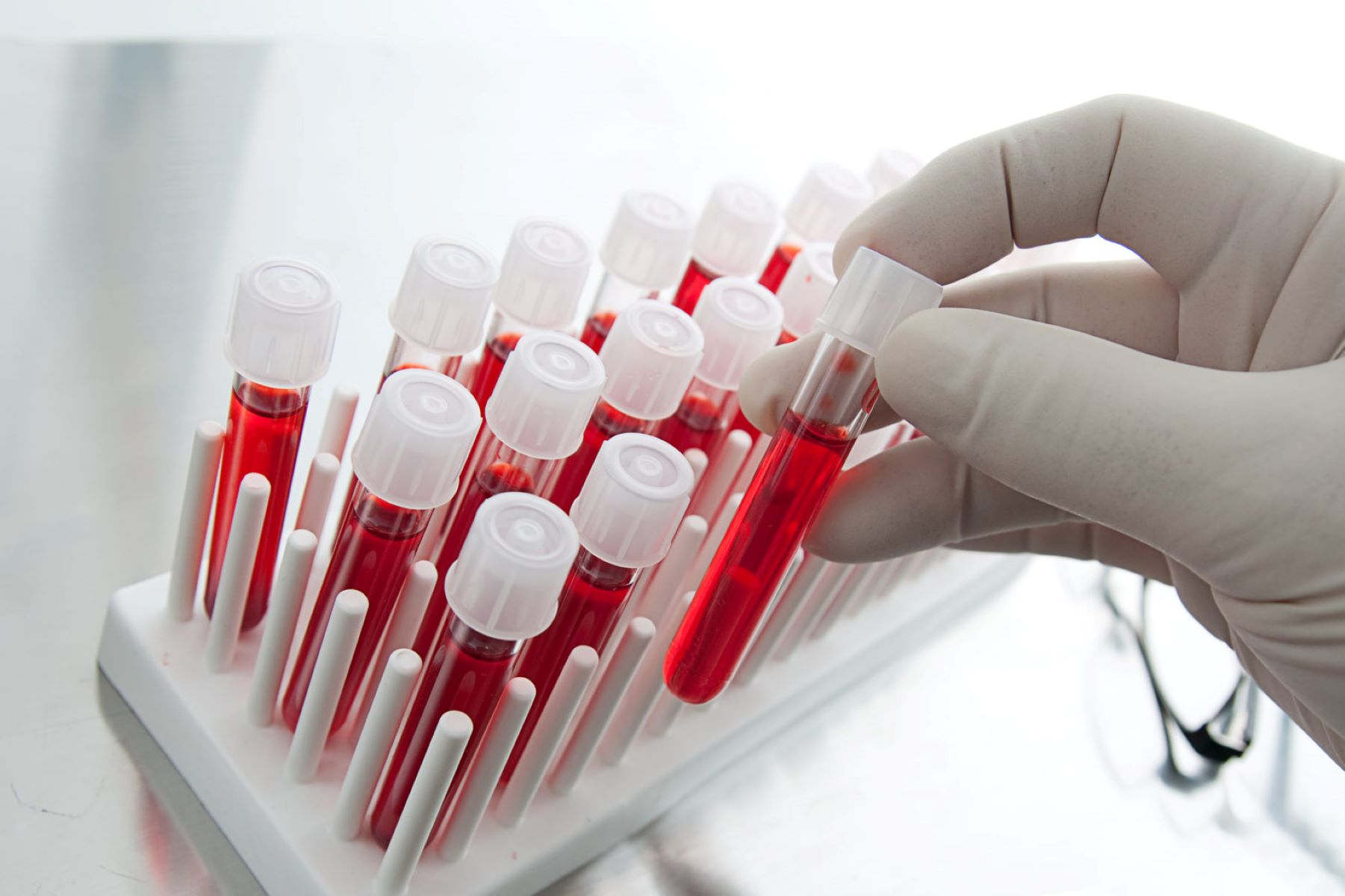
Lactate Dehydrogenase Deficiency Type C is a rare genetic disorder that affects how the body breaks down sugar to use for energy. This condition can lead to muscle pain, cramps, and even exercise intolerance. LDH-C deficiency is caused by mutations in the LDHC gene, which plays a crucial role in energy production, especially in muscle cells. Understanding this condition is vital for those affected and their families. In this blog post, we'll explore 25 essential facts about LDH-C deficiency, from its symptoms and diagnosis to treatment options and lifestyle tips. Whether you're newly diagnosed or seeking more information, this guide aims to provide valuable insights into managing and living with LDH-C deficiency.
Key Takeaways:
- Lactate Dehydrogenase Deficiency Type C (LDHC) is a rare genetic disorder affecting energy production in muscle cells, leading to muscle weakness and exercise intolerance.
- While there is no cure for LDHC, management strategies include avoiding strenuous exercise, physical therapy, dietary adjustments, and regular monitoring for improved quality of life.
Understanding Lactate Dehydrogenase Deficiency Type C
Lactate Dehydrogenase Deficiency Type C (LDHC) is a rare genetic disorder that affects the body's ability to break down lactate. This enzyme plays a crucial role in energy production, especially in muscle cells. Let's dive into some fascinating facts about this condition.
-
Genetic Origin: LDHC is inherited in an autosomal recessive pattern, meaning both parents must carry the defective gene for their child to be affected.
-
Enzyme Function: The LDHC enzyme is responsible for converting lactate to pyruvate, a key step in cellular respiration.
-
Symptom Onset: Symptoms typically appear during childhood or adolescence, often triggered by physical exertion.
-
Muscle Weakness: Individuals with LDHC often experience muscle weakness and fatigue, especially after exercise.
-
Exercise Intolerance: Due to impaired lactate breakdown, those with LDHC may struggle with prolonged physical activity.
Symptoms and Diagnosis
Recognizing the symptoms and getting a proper diagnosis is crucial for managing LDHC. Here are some key points to consider.
-
Cramps and Pain: Muscle cramps and pain are common, particularly after strenuous activities.
-
Elevated Lactate Levels: Blood tests often reveal elevated lactate levels, a hallmark of LDHC.
-
Genetic Testing: Confirming the diagnosis usually involves genetic testing to identify mutations in the LDHC gene.
-
Muscle Biopsy: In some cases, a muscle biopsy may be performed to assess enzyme activity.
-
Family History: A detailed family history can provide clues, as LDHC is inherited.
Treatment and Management
While there's no cure for LDHC, various strategies can help manage symptoms and improve quality of life.
-
Avoiding Strenuous Exercise: Limiting intense physical activities can prevent symptom flare-ups.
-
Physical Therapy: Tailored physical therapy programs can help maintain muscle strength and flexibility.
-
Dietary Adjustments: Some individuals benefit from dietary changes, such as increasing carbohydrate intake before exercise.
-
Medications: Pain relievers and muscle relaxants may be prescribed to manage symptoms.
-
Regular Monitoring: Regular check-ups with a healthcare provider are essential to monitor the condition and adjust treatment plans.
Research and Future Directions
Ongoing research aims to better understand LDHC and develop more effective treatments. Here are some exciting developments.
-
Gene Therapy: Scientists are exploring gene therapy as a potential treatment to correct the underlying genetic defect.
-
Enzyme Replacement: Research is being conducted on enzyme replacement therapies to restore normal lactate breakdown.
-
Clinical Trials: Several clinical trials are underway to test new treatments and interventions for LDHC.
-
Biomarker Discovery: Identifying new biomarkers could improve early diagnosis and monitoring of the disease.
-
Patient Registries: Establishing patient registries helps researchers gather data and track the progression of LDHC.
Living with LDHC
Living with LDHC can be challenging, but with the right support and strategies, individuals can lead fulfilling lives.
-
Support Groups: Joining support groups can provide emotional support and practical advice from others facing similar challenges.
-
Education and Awareness: Raising awareness about LDHC can help reduce stigma and improve understanding of the condition.
-
Adaptive Sports: Participating in adaptive sports can provide a sense of accomplishment and community.
-
Mental Health: Addressing mental health is crucial, as chronic conditions can impact emotional well-being.
-
Advocacy: Advocating for better research funding and healthcare resources can make a significant difference for those with LDHC.
Final Thoughts on Lactate Dehydrogenase Deficiency Type C
Lactate Dehydrogenase Deficiency Type C, though rare, has significant impacts on those affected. Understanding its symptoms, causes, and treatment options is crucial for managing this condition. Early diagnosis can lead to better outcomes, so awareness is key. Genetic testing plays a vital role in identifying the deficiency, allowing for tailored treatment plans. While there's no cure, lifestyle changes and medical interventions can help manage symptoms. Staying informed and proactive can make a big difference in the lives of those with this condition. Always consult healthcare professionals for personalized advice and support. By spreading knowledge about Lactate Dehydrogenase Deficiency Type C, we can help those affected lead healthier, more informed lives.
Frequently Asked Questions
Was this page helpful?
Our commitment to delivering trustworthy and engaging content is at the heart of what we do. Each fact on our site is contributed by real users like you, bringing a wealth of diverse insights and information. To ensure the highest standards of accuracy and reliability, our dedicated editors meticulously review each submission. This process guarantees that the facts we share are not only fascinating but also credible. Trust in our commitment to quality and authenticity as you explore and learn with us.
